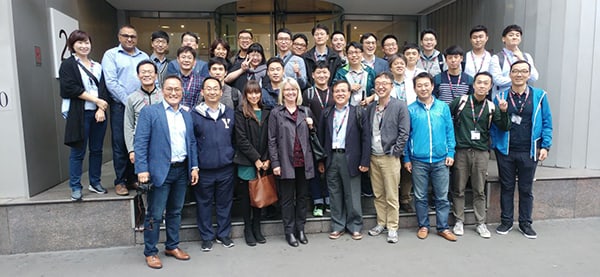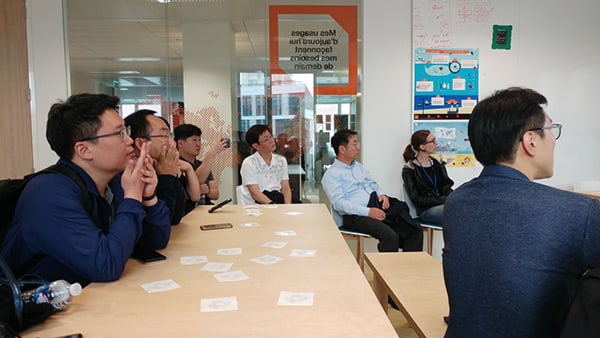
With over 5 billion mobile users worldwide today and 700 million more expected to connect by 2020, the mobile revolution and digital economy are having a profound effect on our daily lives. Forward-looking policies and regulation will enable countries to reap the most benefit from this digital transformation. As this revolution picks up speed, new technologies such as the Internet of Things (IoT) and 5G will become increasingly important, but the pace of change can make it difficult for policymakers and regulators to stay on top of this fast-moving digital environment.
Governments want to make sure that they put the right policies and regulations in place to encourage innovation and investment in digital technologies and services, while also ensuring that consumers reap the full benefits of these new developments. However, the ability to achieve this relies on policymakers and regulators having knowledge about new technologies and business models, and an understanding of the implications of different policy and regulatory approaches.
The GSMA Capacity Building programme draws on the GSMA’s industry insight and research to develop training courses to help policymakers and regulators tackle the key issues shaping mobile today and into the future. There are currently 13 courses on offer, which are delivered either online or face-to-face through a range of strategic partners including several academic institutions across Asia and Africa.
Partnerships with academic institutions are essential to the programme because these relationships allow the GSMA to bring industry insight, academic research and practical examples to the policymakers and regulators of tomorrow.

This year the GSMA established a partnership with Yonsei University Graduate School of Information (YUGSI), one of the top universities in South Korea. Through the partnership GSMA experts deliver training to graduate students at the Yonsei campus in Seoul. In July, 32 students and four professors from Yonsei University visited the GSMA offices in London to learn about issues affecting the mobile industry and for a series of industry visits facilitated by the GSMA. The students received briefings on a broad range of topics including spectrum, regulatory modernisation and IoT. They also benefited from briefings delivered by several organisations including Orange, Telefónica, BT, OFCOM and the OECD.
For YUGSI, this partnership provides the opportunity to enhance academic programmes by providing students with exclusive industry access and global insights into policy and regulatory developments around the world. YUGSI students already have visibility of cutting-edge developments in South Korea, but via the partnership with the GSMA, they also gain a better understanding of the policy challenges and innovative solutions that are being developed in every corner of the world.
This partnership is also of great benefit to the GSMA as it allows us to share industry insights with future policymakers and regulators at they start out on their career path. The GSMA is keen to support regulators and policymakers with the tools and skills that they need to make sure their societies benefit from the amazing changes in mobile and digital technology. The combination of the academic research and insights delivered by YUGSI and the industry expertise that the GSMA brings to the classroom provides an excellent training environment for future decision makers.
To learn more about GSMA Capacity Building courses and academic partnerships visit stand 1210.03 on the exhibition showfloor at ITU Telecom World 2017.
You can also hear from GSMA in the Forum debates – Natasha Jackson, Head of Public Policy & Consumer Affairs, speaking in the Data flows, policy and security: the role of data in smart digital transformation session; Andy Hudson, Head of Technology Policy at GSMA, in the plenary session on The 5G opportunity: driving digital transformation; and Peng Zhao, Regional Spectrum Policy Director, in New trends in spectrum management.
